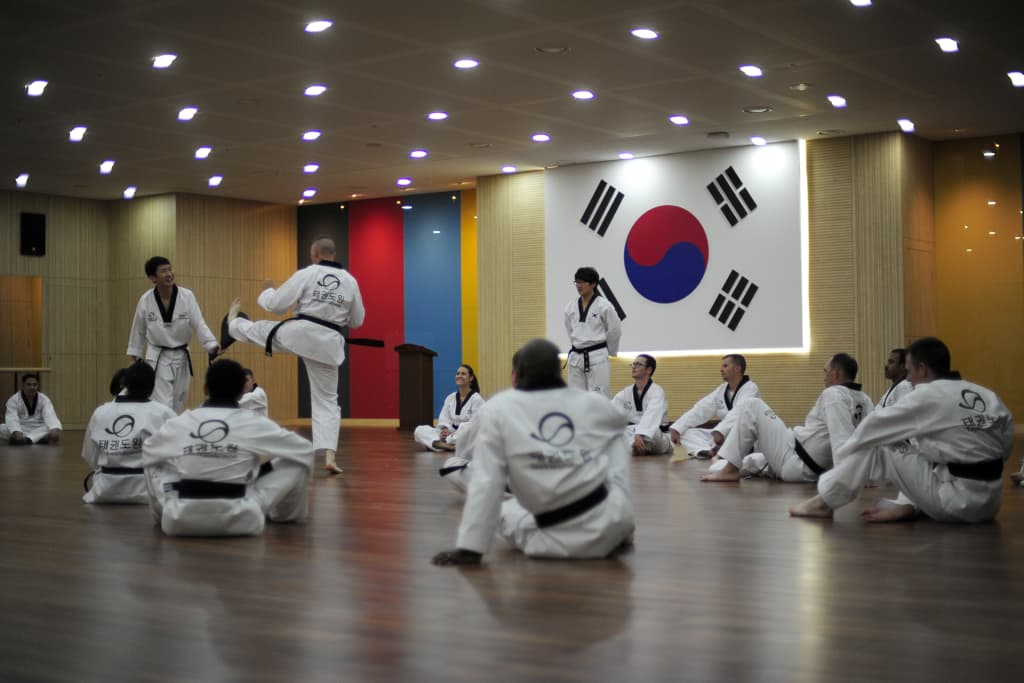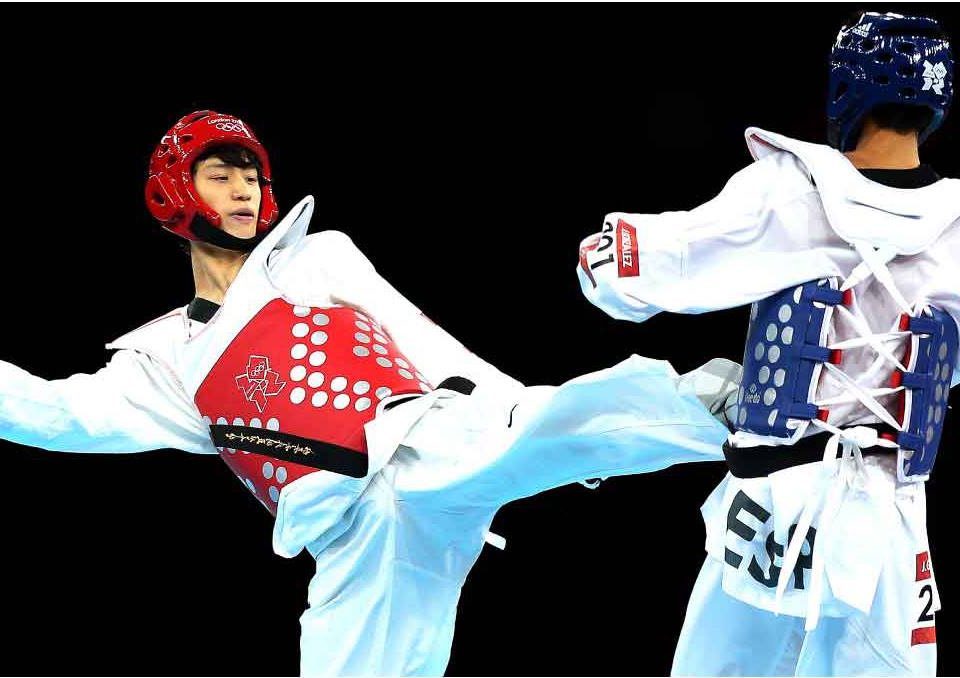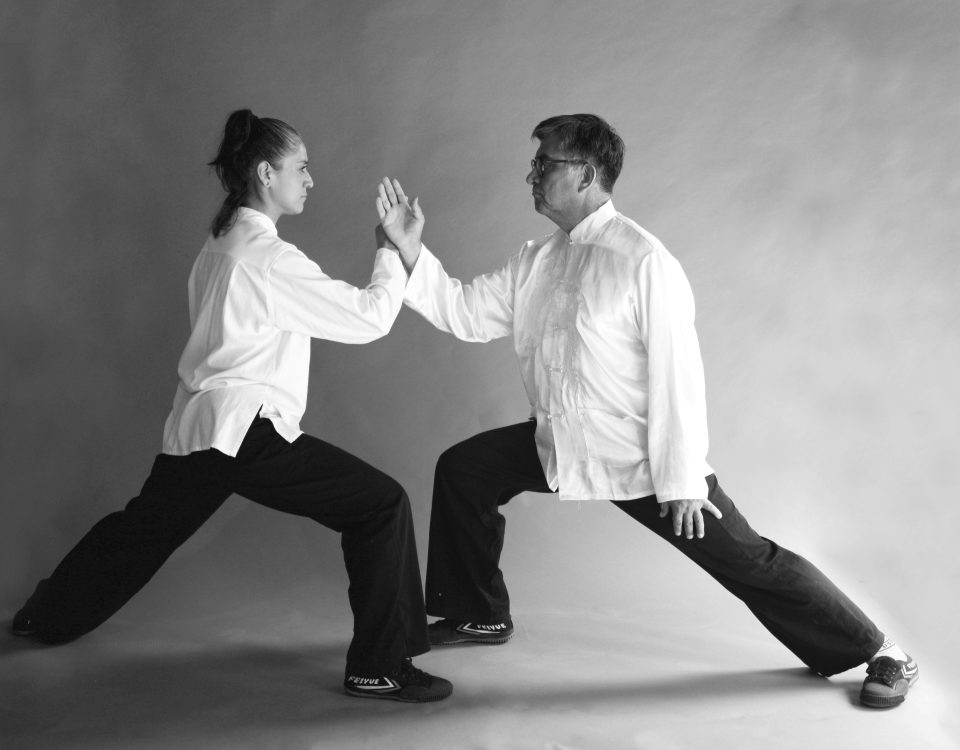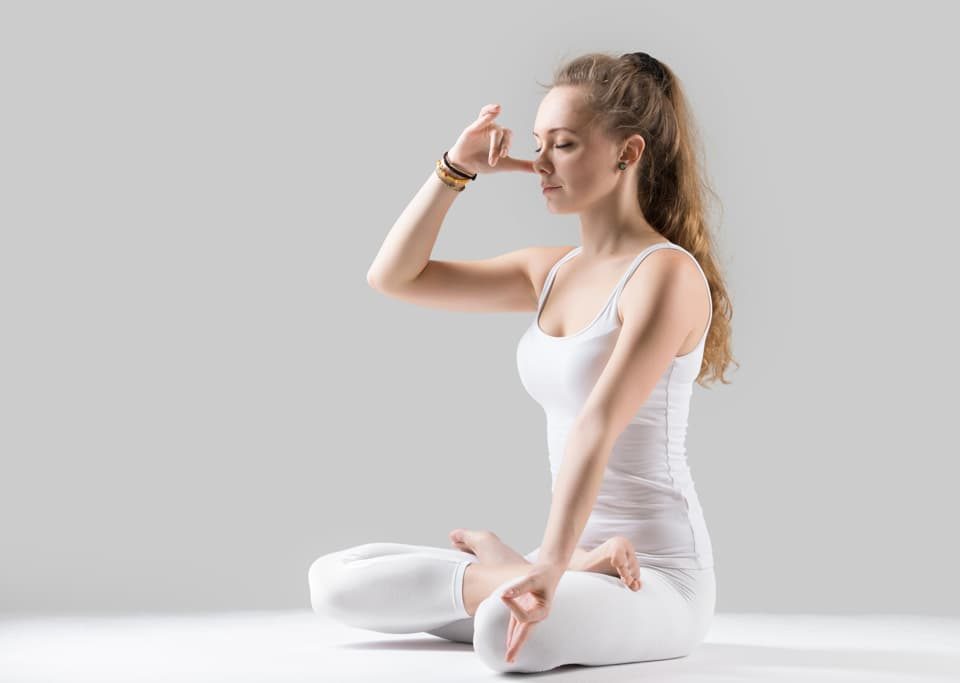Which Martial Art Suits Your Body?

Breathing Your Way To Wellness-The Yoga Approach
May 7, 2014
Discover the POWER of Tai Chi for Balance & Harmony
October 23, 2024Which Martial Art Suits Your Body Type?
M artial arts offer a well-rounded approach to well-being, promoting physical fitness, self-defense skills as well as mental and spiritual growth. With a vast array of styles available, some may be better suited for certain body types than others.
Body Types
Ectomorphs: Generally thin with long limbs, they excel in endurance-based activities like running and swimming.
Mesomorphs: Possessing an athletic build with balanced muscle and fat, they thrive in sports demanding strength and power, such as football and weightlifting.
Endomorphs: Having a rounder body type with a higher body fat percentage, they often find success in power and strength-oriented sports like powerlifting and sumo wrestling.
Let's go through a breakdown of famous martial arts that are well-suited for different body types.
Ectomorphs
Karate: Emphasizing speed and agility, Karate's striking techniques can be a good fit for ectomorphs.
Hapkido: Combining striking, grappling, and joint locks, Hapkido allows ectomorphs to use leverage to overcome larger opponents.
Wing Chun: This Chinese martial art focuses on close-range combat and rapid punches, effective even without a lot of strength.
Taekwondo is suitable for someone with a light build as it focuses on speed, flexibility, footwork, distance and strike with both foot and hand but mainly focus on dynamic speed and power of kicks. Critics sometimes say it's a kicking martial art.
Mesomorphs
Judo: This Japanese martial art utilizes throws and takedowns, leveraging a mesomorph's strength and power.
Wrestling: Wrestling teaches mesomorphs how to use their strength and power to control opponents through takedowns, throws and pins.
Muay Thai: This Thai martial art, known for its powerful kicks, punches, elbows, and knees, is a great fit for a mesomorph's strength and athleticism.
Brazilian Jiu Jitsu emphasizes technique over strength. A smaller person can use leverage and chokes to control a larger opponent. Jiu Jitsu teaches problem-solving under pressure and a respect for continuous learning, both on and off the mats.
Endomorphs
Aikido: This Japanese martial art focuses on redirecting an opponent's force, making it effective even without a lot of strength or speed.
Systema: A Russian martial art that focuses on natural body movements and relaxation, making it suitable for endomorphs.
Sumo: This Japanese martial art capitalizes on an endomorph's size and strength, as two wrestlers try to force each other out of a ring.
Krav Maga prioritizes real-world defense. It combines strikes to vulnerable points like the groin with evasive maneuvers to escape attackers. Krav Maga is a self-defense system focuses on swift neutralization, not fancy forms, making it effective for anyone to learn.

Here's a way to consider martial arts that experienced practitioners might not thought before...
Beyond Body Type
Body type is a factor, but it's not the only consideration when choosing a martial art. Here are some other important aspects:
Goals: What do you want to achieve? Self-defense, fitness, competition, or mental and spiritual development?
Personality: Are you more aggressive or passive? Do you prefer working alone or in a group?
Lifestyle: How much time can you dedicate to training?
Budget: How much can you afford to spend on training?

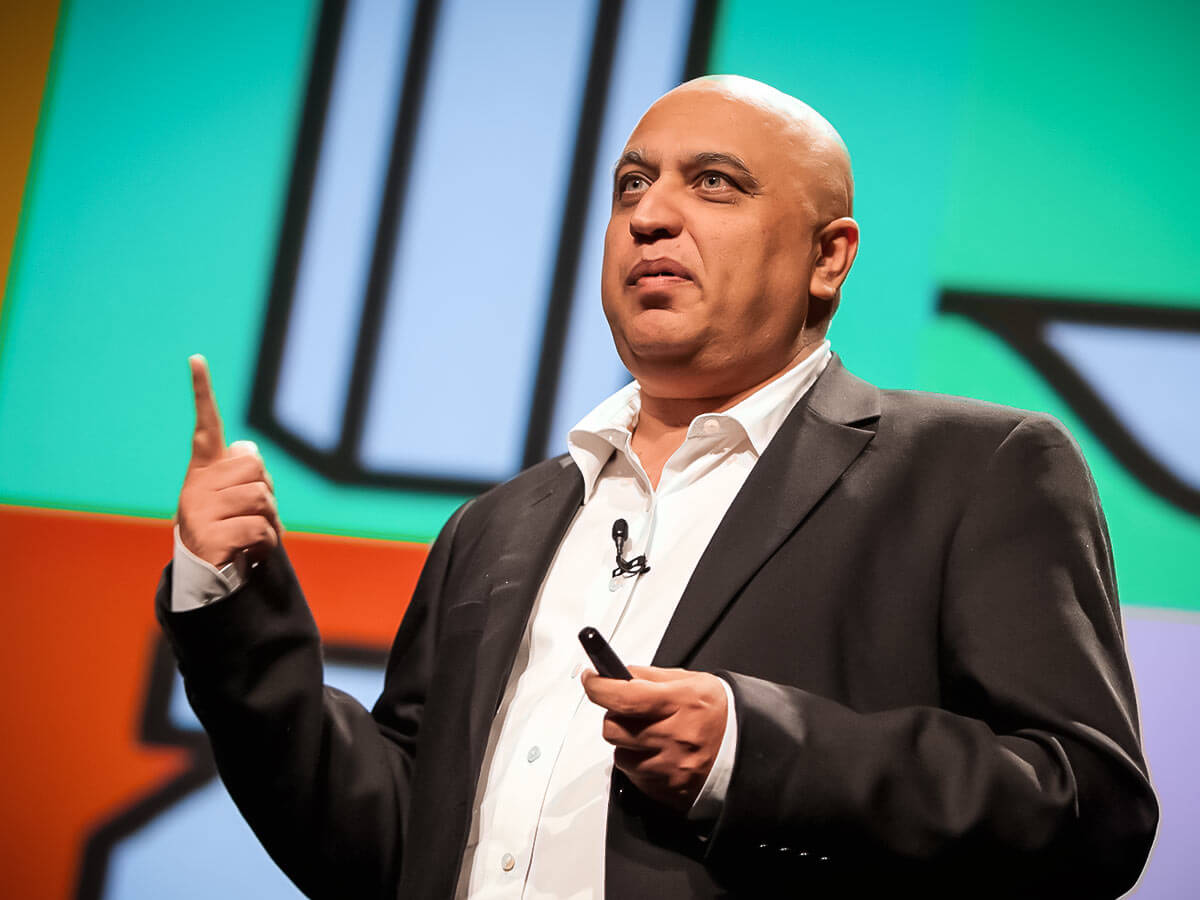

Finding The Right Fit
By considering these factors along with your body type, you can narrow down your options and find the martial art that best suits you. Remember, the most effective martial art is the one you enjoy and will stick with consistently.
Additional Notes
While self-defense is a significant benefit, it's important to remember that the best martial art for self-defense is not necessarily the best for a street fight. Street fights are unpredictable and often involve multiple attackers. Learning de-escalation tactics and situational awareness are crucial for self-defense.
Mental and Spiritual Benefits: Martial arts training can significantly enhance mental and spiritual well-being by:
Improved Focus and Discipline: The repetitive nature of martial arts drills cultivates focus and mental discipline, which can translate into other areas of life.
Stress Relief and Emotional Regulations: The physical exertion combined with breathing techniques can help reduce stress and anxiety, promoting emotional regulation.
Increased Confidence and Self-Esteem: Mastering techniques and overcoming challenges builds confidence and self-esteem.
Inner Peace and Mindfulness: Some martial arts, such as Tai Chi and Aikido, emphasize meditation and mindfulness practices, fostering inner peace and a sense of calm.
Ultimately, martial arts offer a holistic approach to well-being, catering to your physical, mental, and potentially spiritual development. Explore different styles, find what resonates with an emphasis on the physical and potentially spiritual connection.